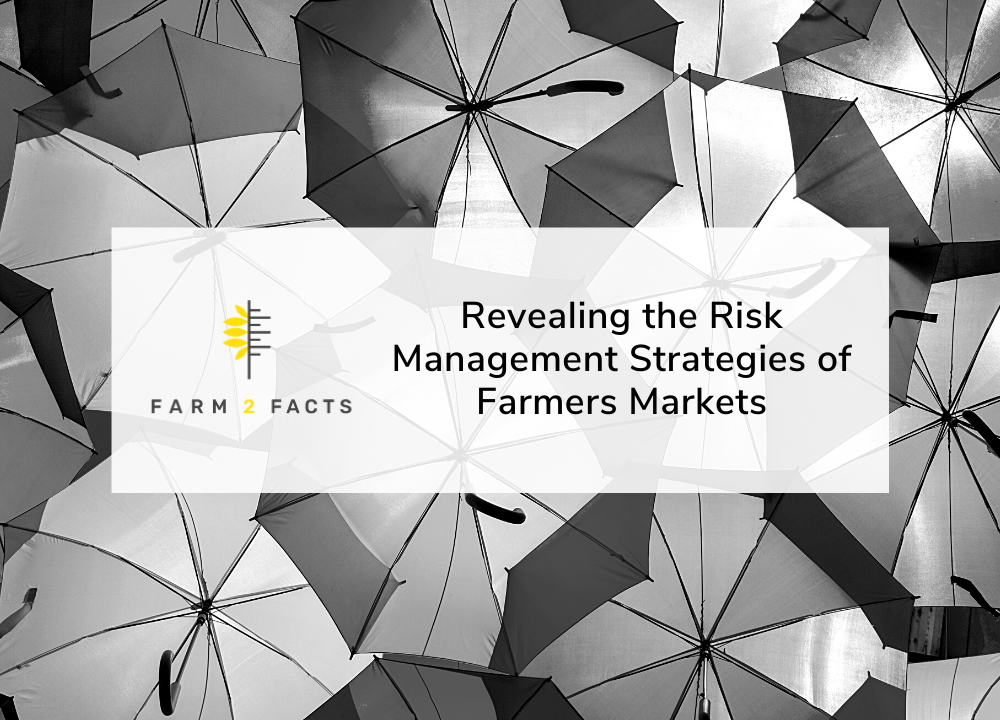
Farmers markets are critical infrastructure, keep reminding people of the essential service that you are.
Marketplaces were the original center for food, crafts, entertainment, political voice, and social interaction. Today, there are around 11,000 open air marketplaces in the U.S. and according to the USDA, about 9,000 of these are farmers markets. Over the last 50 years, farmers markets (FM) have reemerged building community food security and economic opportunity in communities of all sizes. We know marketplaces help make communities more resilient; they enhance economic activity, food security, individual and public health, and of course, they help make places more attractive.
In order to have access to these benefits in our society and protect all those involved, an invisible infrastructure of business models, law, rules, and risk management strategies (RMS) weaves together vendors, customers, and organizations. Yes, many vendors and markets are protected by liability insurance or other insurance! For example, FLIP, an online insurance program designed to respond to the specific needs of farmers market vendors, food vending, food truck/trailer, and food distributing industries by offering the most affordable liability insurance without sacrificing coverage.
SNAP benefits are also a type of insurance – they help provide food security. Given that research shows state health departments rarely partner with state associations of FM or state departments of Agriculture, encouraging the use of SNAP benefits at a FM is an important opportunity to spread expertise and resources broadly in the FM community. Further, despite the importance of nutrition in chronic disease prevention, we find no framing of food and food security as matters of risk management and cost reduction.
In communities around the country, COVID has shown us the importance of emergency preparedness, and food access and security. During the off-season for your market, it will be a good opportunity to seek out local government and remind them that your market is an essential part of the social safety net in times of crisis, as well as an important source of economic and social opportunity for people.
Markets create the space for farmers, consumers, and community organizations to fulfill many goals including healthier and more resilient places and people. We cannot always see that the short supply chains at farmers markets are supported by law, rules, and risk management strategies of municipalities and vendors, however, in times of ecological and economic uncertainty, communities need food security and supportive public places. Spread the word about your market to government officials in emergency preparedness and other offices that help reduce risk. Farmers markets are critical infrastructure, keep reminding people of the essential service that you are.
Looking for insurance?
